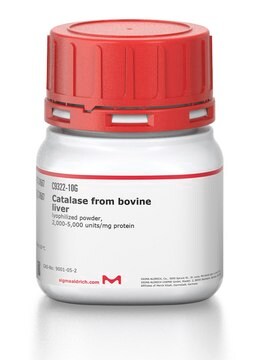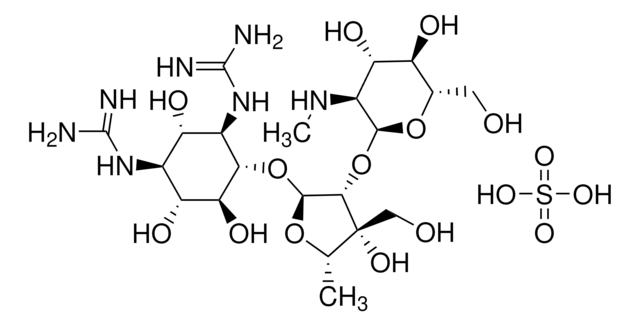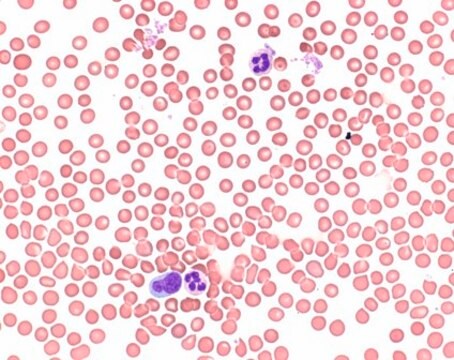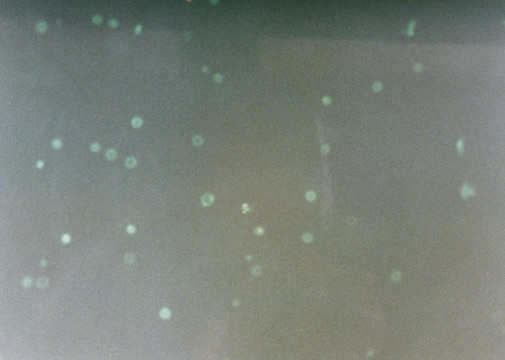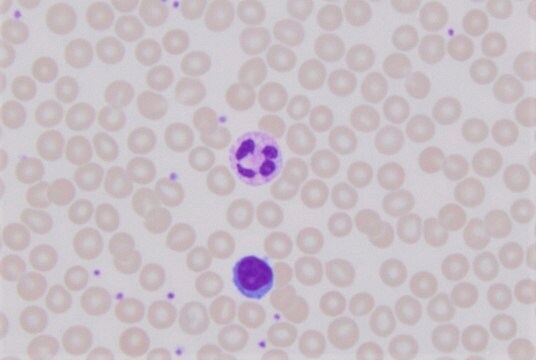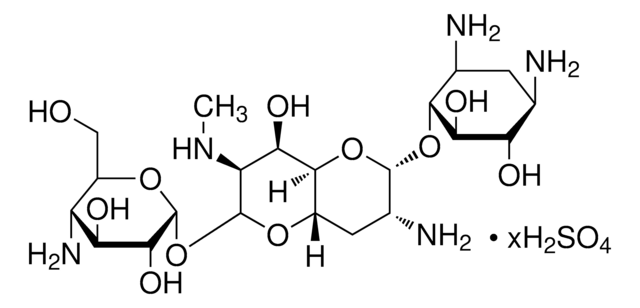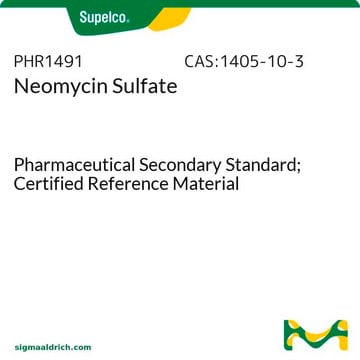D5155
Dihydrostreptomycin sesquisulfate
powder, suitable for cell culture, BioReagent
About This Item
Recommended Products
Product Name
Dihydrostreptomycin sesquisulfate, BioReagent, suitable for cell culture, ≥95.0% (HPLC)
product line
BioReagent
Quality Level
Assay
≥95.0% (HPLC)
form
powder
technique(s)
cell culture | mammalian: suitable
color
white to off-white
antibiotic activity spectrum
Gram-negative bacteria
Gram-positive bacteria
mycobacteria
Mode of action
protein synthesis | interferes
storage temp.
2-8°C
SMILES string
OS(O)(=O)=O.OS(O)(=O)=O.OS(O)(=O)=O.CN[C@H]1[C@H](O)[C@@H](O)[C@H](CO)O[C@H]1O[C@H]2[C@@H](O[C@@H](C)[C@]2(O)CO)O[C@@H]3[C@@H](O)[C@H](O)[C@@H](NC(N)=N)[C@H](O)[C@H]3NC(N)=N.CN[C@H]4[C@H](O)[C@@H](O)[C@H](CO)O[C@H]4O[C@H]5[C@@H](O[C@@H](C)[C@]5(O)CO)O[C@@H]6[C@@H](O)[C@H](O)[C@@H](NC(N)=N)[C@H](O)[C@H]6NC(N)=N
InChI
1S/2C21H41N7O12.3H2O4S/c2*1-5-21(36,4-30)16(40-17-9(26-2)13(34)10(31)6(3-29)38-17)18(37-5)39-15-8(28-20(24)25)11(32)7(27-19(22)23)12(33)14(15)35;3*1-5(2,3)4/h2*5-18,26,29-36H,3-4H2,1-2H3,(H4,22,23,27)(H4,24,25,28);3*(H2,1,2,3,4)/t2*5-,6-,7-,8+,9-,10-,11-,12+,13-,14-,15-,16-,17-,18-,21+;;;/m00.../s1
InChI key
CZWJCQXZZJHHRH-YZTFXSNBSA-N
Looking for similar products? Visit Product Comparison Guide
General description
Application
Biochem/physiol Actions
Signal Word
Warning
Hazard Statements
Precautionary Statements
Hazard Classifications
Acute Tox. 4 Oral - Repr. 2
Storage Class Code
11 - Combustible Solids
WGK
WGK 3
Flash Point(F)
Not applicable
Flash Point(C)
Not applicable
Personal Protective Equipment
Choose from one of the most recent versions:
Certificates of Analysis (COA)
Don't see the Right Version?
If you require a particular version, you can look up a specific certificate by the Lot or Batch number.
Already Own This Product?
Find documentation for the products that you have recently purchased in the Document Library.
Customers Also Viewed
Our team of scientists has experience in all areas of research including Life Science, Material Science, Chemical Synthesis, Chromatography, Analytical and many others.
Contact Technical Service
